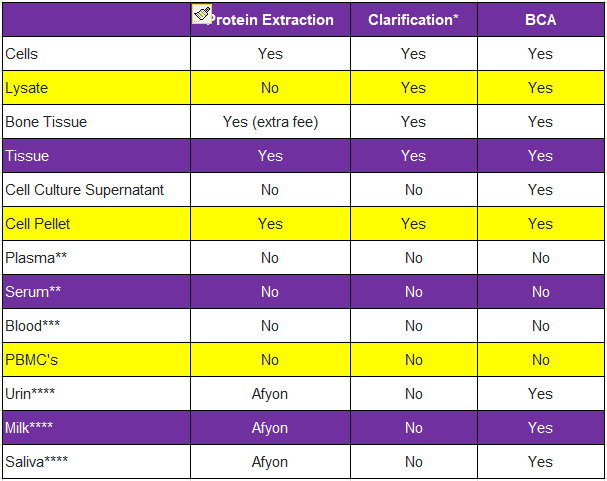Tanda's ELISA Service process is streamlined and straightforward:
1. Finalize your service agreement.
2. Prepare your samples for shipment—contact us for Sample Shipment Instructions and a Service Form.
3. Fill out a Service Form and include it with your shipment.
4. Ship us your samples.
5. Once we receive your samples, we’ll send you an email.
6. We'll conduct your studies, keeping you informed about any issues or delays
7. We'll send back a detailed data analysis in Excel and PDF formats which includes:
a. Standard curves in log-log format for each analyte.
b. ODs and averages provided.
c. Sample concentrations for each target, including original and calculated (accounting for dilutions).
Service Options Explained
Sample dilution optimization: we will determine the ideal dilution factor for your samples. Selecting up to 5 samples, we will perform a 7-fold serial dilution to assess which dilution ratio can bring the analyte's concentration to within the assay's dynamic range, preventing saturation or detection issues. Sample dilution optimization is necessary unless you can provide the exact dilution ratio to use for the samples.
Return or despose excess materials: The remaining samples and reagents be shipped back to you or disposed of. There are fees associated with both options
Sample type and processing requirements: different sample types require different processing. Details see below.

*Clarification: filtering the sample to get rid of cellular debris. Helps with reducing ELISA background.
**Serum and Plasma: 1-1.5uL of sample per lane, protein concentration assumed to be ~50mg/mL, need clarification if samples are lipemic
***Blood: need to spin down to serum/plasma, extra charge
****Low expression protein: Need to use Afyon kit to concentrate protein. Extra charge.
Sample replication: by default we assume all samples are tested in duplicates. If you want it done differently please tell us.
Develop it yourself (DIY) kit: if this kit is not a pre-coated, ready to use ELISA kit, but an antibody pair + recombinant standard, we will have to develop the assay, and charge a fee for it.
Sample role in experiment: the 3 most common sample roles in ELISA are:
1. used in optimization
2. used as positive or negative control
3. a regular sample, aka a Unknown
Special requirements: Contact us for anything not covered in the Service Form.

